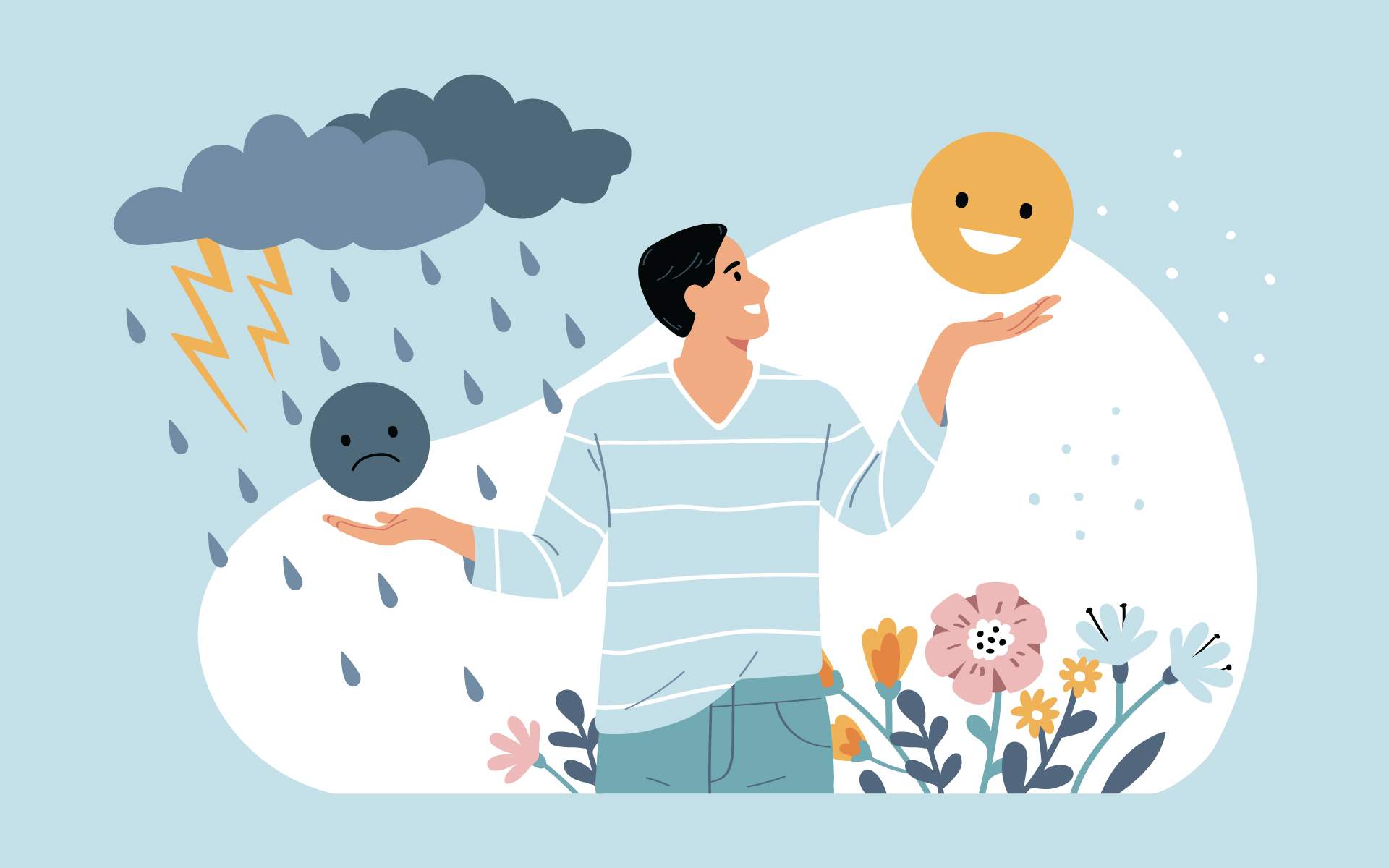“How are you doing?”
Do you frequently answer that question by saying something like, “Real good, real busy”? There’s a subtle implication that we are good because we are busy. Is that true? Some very compelling research suggests the opposite.
We all have peaks and valleys of energy and productivity, what the renowned psychologist and sleep researcher Nathaniel Kleitman called circadian (daily) and ultradian (shorter, sometimes hourly) rhythms. Paying attention to when we’re most energized and alert, as well as when we need to take a mental break, allows us to do our best work.
Paying attention to when we’re most energized and alert, as well as when we need to take a mental break, allows us to do our best work.
According to productivity expert Tony Schwartz, “When we need a rest, our bodies send us clear signals such as fidgetiness, hunger, drowsiness, and loss of focus. But mostly, we override them.” Productive and creative cycles typically last only 90-120 minutes, so he recommends we take regular “renewal” breaks to reset our energy and attention.
Psychologist Anders Ericsson found that virtuoso violin players on average practiced for intervals lasting no more than 90 minutes, and no more than three sessions in the course of a day. Science clearly tells us that being deliberate about managing busyness and balancing it with dedicated, unstructured downtime—not attempting to do or accomplish anything at all—promotes greater energy, mental clarity, creativity, and focus all day long.
Thriving in our life and work requires activity coupled with regular periods of rest and renewal. We often overlook these dual dimensions of well-being in the busy lives we lead today. In a technology-ridden world with a social bias toward action—especially in the workplace—it’s easy to get addicted to being overbusy. Many of us never truly value or allow ourselves the experience of taking time to do nothing.
As Joe Kraus, a partner at Google Ventures, notes, “We’re radically over-developing the parts of the quick thinking, distractible brain and letting the long-form-thinking, creative, contemplative, solitude-seeking, thought-consolidating pieces of our brain atrophy by not using them.”
The good news?
We can change our rhythms and routines by placing value not only on activity but also inactivity. Here’s how:
5 Ways to Embrace Doing Nothing
1) Recognize Your Rhythm
Be aware of your own peaks and valleys of energy and motivation throughout the course of a day, a week, or even a year. Give yourself permission, and even prioritize, taking time to accomplish nothing.
2) Pace Yourself
We often mistake the urgent for the important, but working with sustained pace and intensity over a long period of time is counterproductive. Creating space between periods of intense activity enables high performance, productivity, and creativity that can sustain itself over time.
3) Prioritize Rest and Renewal
We often give up “free” unstructured downtime without a second thought, letting other demands take over. Beware of creating a schedule that is overly busy. Don’t fill every moment. Be deliberate about building in rest, renewal, and recovery time. The best athletes in every sport do this—so apply these lessons to the sport of working and living well.
4) Manage the Negativity Bias
Giving yourself permission to rest and do nothing may trigger negative thoughts or judgments. From an evolutionary perspective, we pay more attention to the negative than the positive, according to psychologist and researcher Barbara Fredrickson. So be aware of the tendency of your own mind to judge, and the power of self-judgment to influence your behavior—so you can recognize when you’re pushing yourself too hard.
5) Take a “Time In”
Taking time for intentional reflection creates space for not only renewal but also insight. Have an “internal practice” that cultivates the capacity to appreciate and enjoy your own lived experience. Find a “time in” practice that works for you and make it a feature, not an exception, in the rhythms and routines of your work and life.








